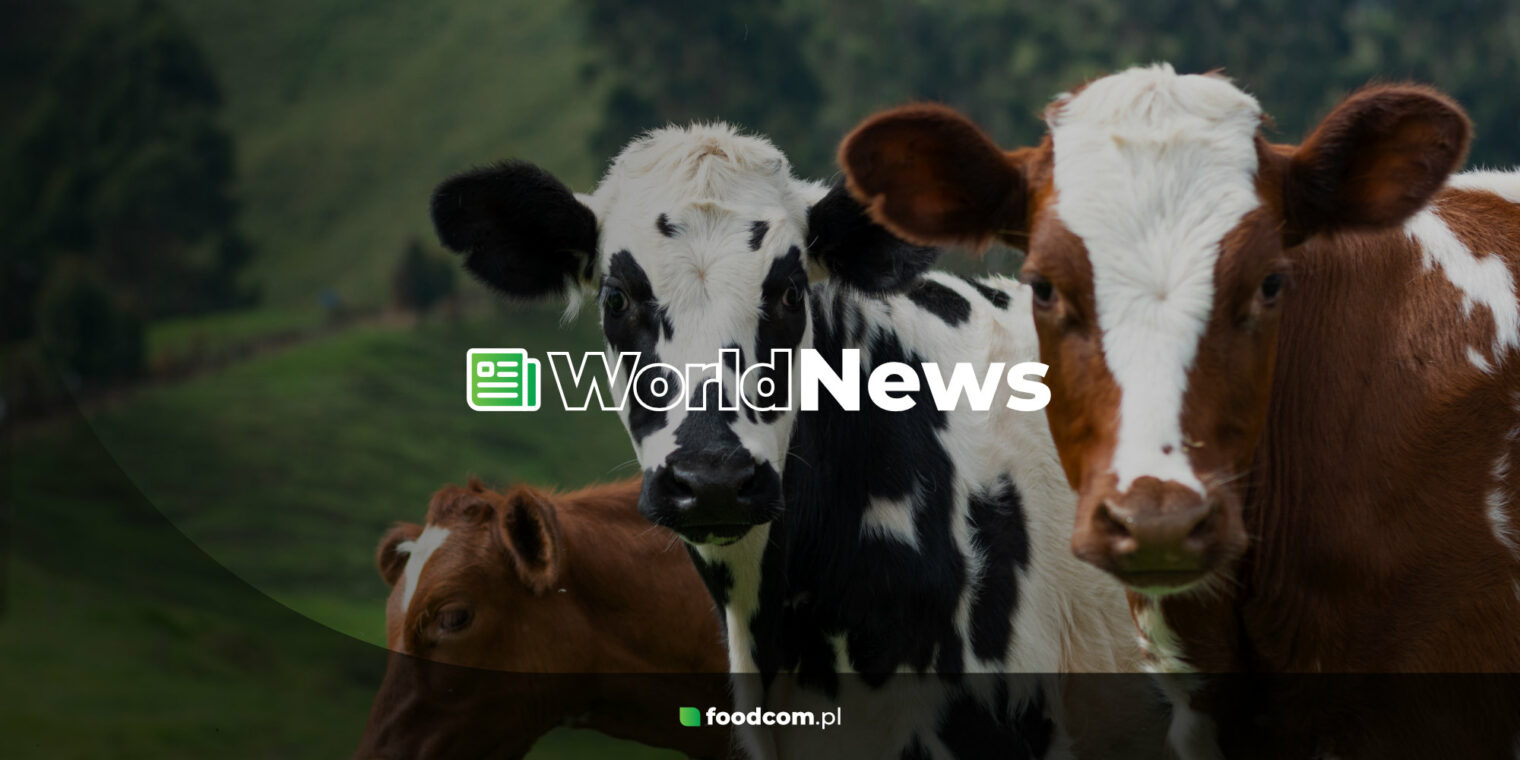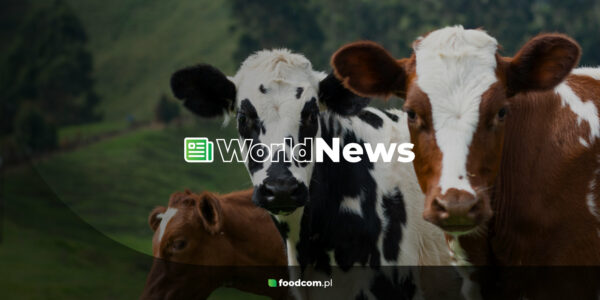- A research project in New Zealand envisages 4 possible scenarios for the introduction of three alternative protein production methods to the market.
- The dairy industry could be most negatively affected by the introduction of precision fermentation.
- The meat industry could also be threatened by alternative plant protein products and in vitro meat.
- Alternative proteins could affect the country’s economy in different ways, but their introduction would improve the environment.
The Protein Future Scenarios project created models of the potential future impacts of the introduction of alternative proteins into the food market. It examined 3 protein technologies that could develop in the coming years. Of several possible scenarios, the worst case scenario predicts a significant negative impact on the dairy industry.
The impact that new protein technologies can have on the dairy industry
The Protein Future Scenarios project was developed as part of New Zealand’s Our Land and Water National Science Challenge. It was created by AgriBusiness Group in collaboration with 3 universities and the Ruralis research group.
The project was tasked with modelling 4 possible scenarios of economic and environmental changes that could be caused by the introduction of proteins from alternative production processes into the market. The study’s conclusions are that the dairy industry could be most at risk, although the economic implications could also reach meat producers. National dairy companies, however, argue that the report oversimplifies the role of dairy as an important food ingredient, which in reality cannot be easily replaced.
The project examined the impact of each scenario on land use, the environment and the economy by 2050, with the worst-case scenario saying New Zealand’s economy and employment would decline by 9%, while the best-case scenario said it would improve by 7%. The reduced environmental impact of agriculture was noted in each scenario.
What are possible alternatives to animal proteins?
Three main directions in the development of alternative protein technologies to animal proteins from milk or meat were explored. The first is the use of plant proteins to produce meat substitutes. The second technology would be to use cell culture to replicate live muscle cells from animals and produce meat in vitro without the need to raise animals.
The third, and according to the researchers the most promising technology, talks about precision fermentation. Its premise is the replication of dairy products through a biofermentation process carried out by genetically modified yeast. In this way, it is possible to obtain milk proteins that can be used to make dairy drinks, cheese, ice cream or protein supplements. The introduction of any of these three technologies could reduce CO2 emissions, nitrates and water consumption, as well as freeing up vast areas of land for animal husbandry for other purposes, such as agriculture.









